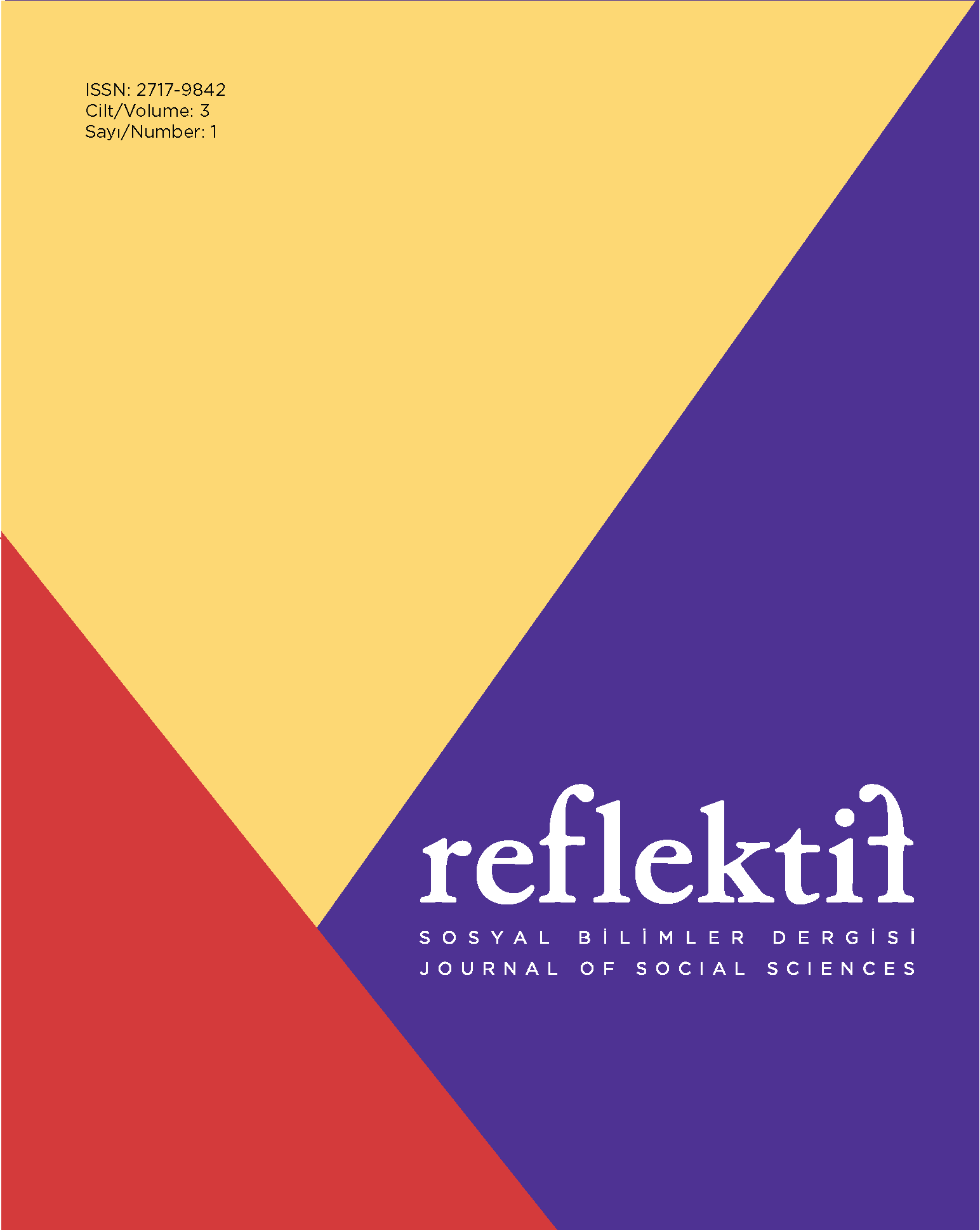Rethinking the Right to the City: Which City? What Kind of a Right?
DOI:
https://doi.org/10.47613/reflektif.2022.58Keywords:
Lefebvre, urban appropriation, homelessness, spatial ethics, ethics in everyday urban life, the right to the cityAbstract
This article aims to revisit Lefebvre’s notion of the right to the city in a broader framework and discuss it as a material, social, and emotional component of everyday spatial experiences of vulnerable and precarious individuals like the homeless. Without focusing on lived experiences and needs of different groups, the concept of the right to the city will fall short of providing a meaningful urban appropriation for all inhabitants as envisaged by Lefebvre and contributing to the creation of a more ethical socio-spatial reality. Within this context, homelessness stands out as an example that enables a discussion of how a moral and ethical everyday life can be made possible for everyone in the urban space.
Downloads
Published
How to Cite
Issue
Section
License
Copyright (c) 2022 Sernaz Arslan

This work is licensed under a Creative Commons Attribution-ShareAlike 4.0 International License.
All manuscripts which are submitted to the REFLEKTIF Journal of Social Sciences should not be published, accepted and submitted for publication elsewhere.
In case an article is accepted for publication it is allowed to combine the article with other researches, to conduct a new research on the article or to make different arrangements on condition that the same license is used including the commercial purpose.
As an author of an article published in REFLEKTIF Journal of Social Sciences you retain the copyright of your article and you are free to reproduce and disseminate your work.




